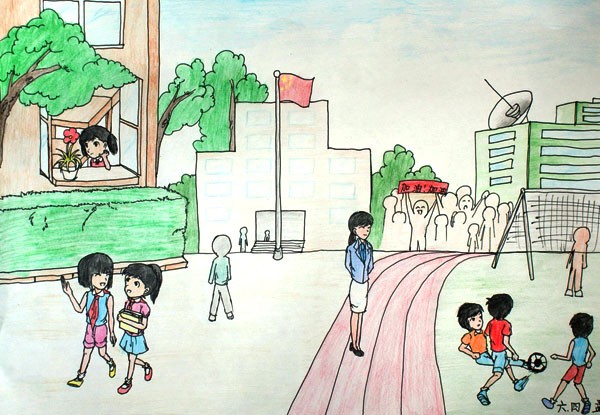
图书戏剧和电影应该审查(Books plays and films should be censored)(插图)
let us suppose that you are in the position of a parent. would you allow your children to read any book they wanted to without first checking its contents? would you take your children to see any film without first finding out whether it is suitable for them? if your answer to these questions is ‘yes', then you are either extremely permissive, or just plain irresponsible. if your answer is ‘no', then you are exercising your right as a parent to protect your children from what you consider to be undesirable influences. in other words, by acting as a censor yourself, you are admitting that there is a strong case for censorship.
now, of course, you will say that it is one thing to exercise censorship where children are concerned and quite another to do the same for adults. children need protection and it is the parents' they old enough to decide what is good for them? the answer is that many adults are, but don't make the mistake of thinking that all adults are like yourself. censorship is for the good of society as a whole. highly civilized people might find it possible to live amicably together without laws of any kind: they would just rely on good sense to solve their problems. but imagine what chaos there would be if we lived in a society without laws! like the law, censorship contributes to the common good.some people think that it is disgraceful that a censor should interfere with works of art. who is this person, they say, to ban this great book or cut that great film? no one can set himself up as a superior being. but we must remember two things. firstly, where genuine works of art are concerned, modern censors are extremely liberal in their views—often far more liberal than a large section of the public. artis来源:作文地带整理。
编辑:Liuxuepaper.Com
作文地带知识拓展:








文档为doc格式
推荐阅读:



